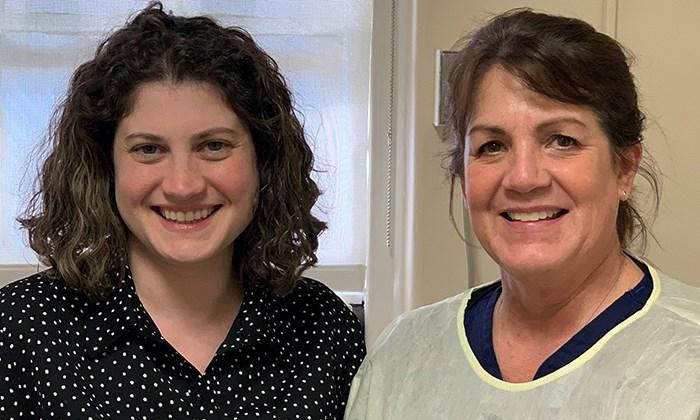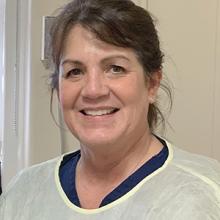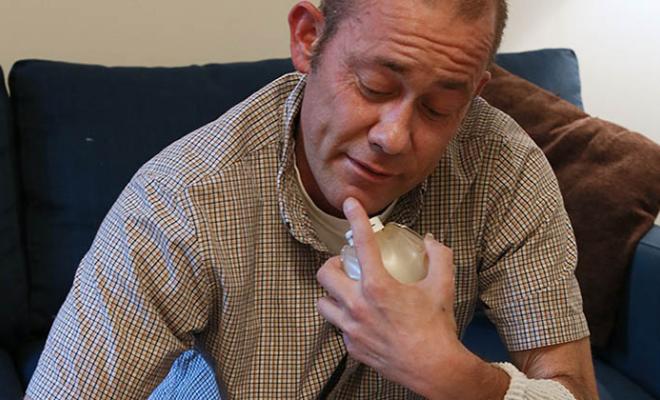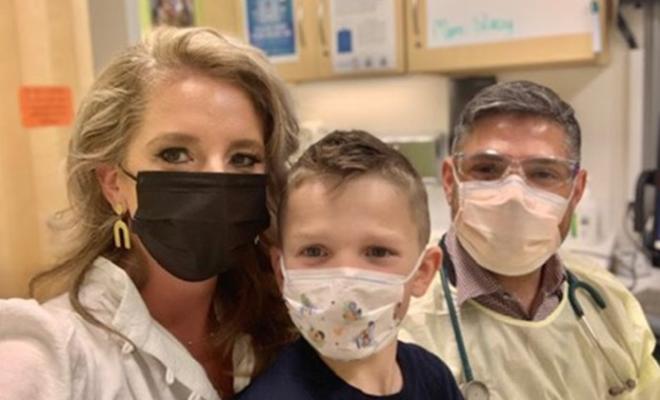“Are the nose clips sterile?” This is what Nora, my patient, wanted to know when she came in for her pulmonary function test (PFT). She noticed that the mouthpieces were packaged in plastic, but the nose clips were not. Seeing me carry an unwrapped nose clip into the exam room made her uneasy.
As part of the team at the Marie and Raymond Beauregard Adult CF Center at Hartford Hospital, I want to improve the care we provide. But, to help us improve on things that matter to our patients, we need to hear from them. So, when Nora spoke up about the nose clips, our team got the sense that other patients may share this concern as well. We relayed Nora's feedback to Tony Marascini, the respiratory manager who orders equipment for the CF Clinic, who then discussed it with the nose clip manufacturer. In about three months, the nose clips and mouthpieces came to us in the same packaging.
I know that PFTs, like many medical procedures, can trigger anxiety in patients.
So, when patients, like Nora, share their uneasiness with the unpackaged nose clips, we know what to do. We also know that not every patient is comfortable speaking up and that some may be more comfortable sharing feedback anonymously. This is why we invite all of our patients to share feedback using the Patient and Family Experience of Care Survey (PFEC).
The PFEC is a survey where patients and their families can improve how they experience care at their centers by providing feedback to help their care teams learn about what matters to them. Respondents are invited to comment on aspects of their experience with questions like:
- How easy was it to make an appointment?
- How long did it take to be brought to an exam room?
- Did you feel the team followed infection prevention and control guidelines?
- Did you feel your care team was courteous and respectful?
Care teams use PFEC data to help them focus on improving what matters most to their patients. For example, if a large number of patients reported experiencing a long wait before being shown to an exam room, a care team might start work to understand why and test ways to reduce the wait time, often as a formal quality improvement (QI) project.
The PFEC survey has changed the culture at our care center. We use this patient feedback to identify areas of opportunity to improve the patient experience. Our QI projects are based on the collective feedback from many patients to help improve care overall at our center.
Feedback -- whether in person or anonymously through a survey -- helps us learn what matters most to our patients.
So, if you're a person with CF or a family member, I encourage you to share your experiences with your care team, and if you're invited to fill out a PFEC survey, please do it. It will help us improve in ways that can make a real difference in how you experience your care.






